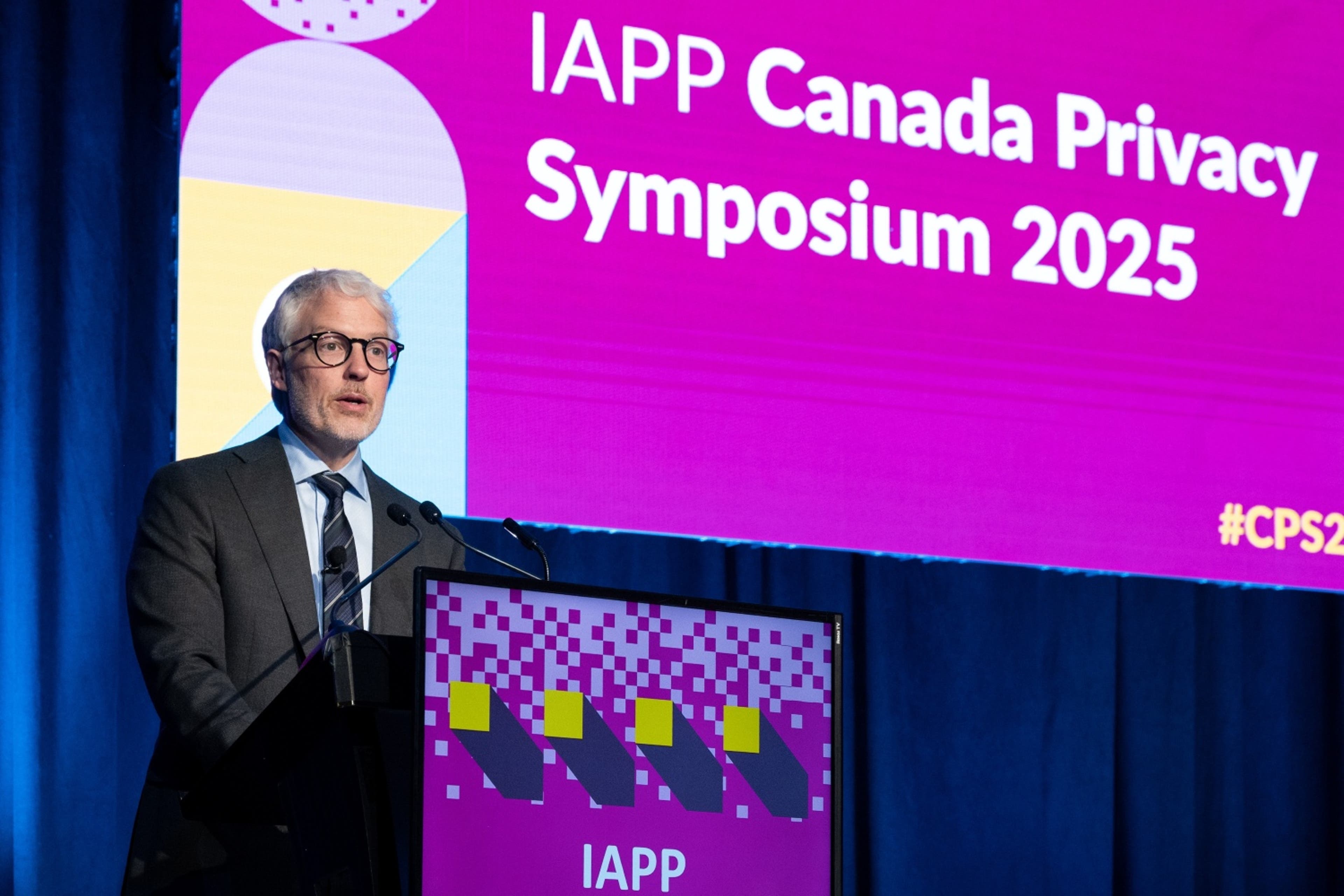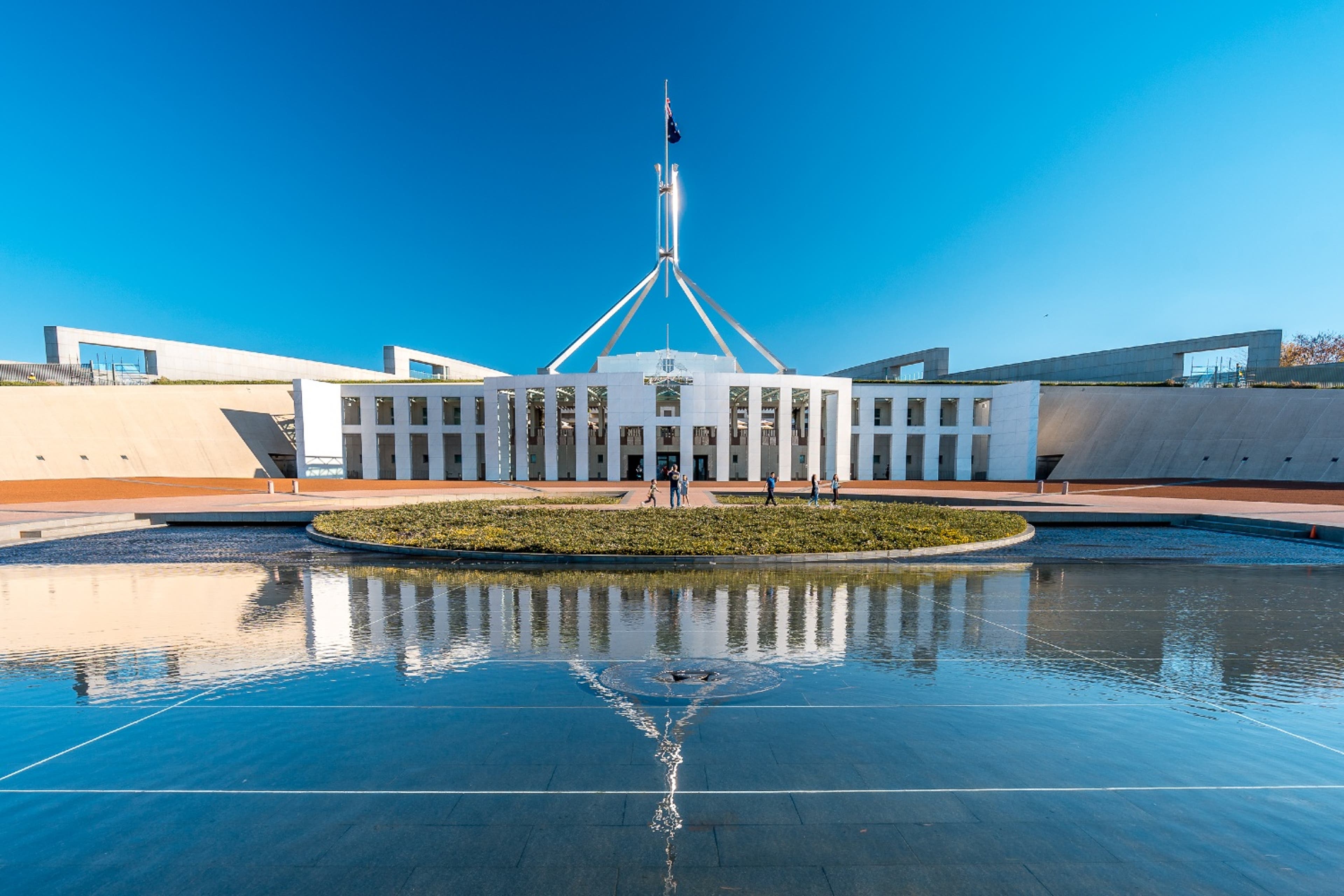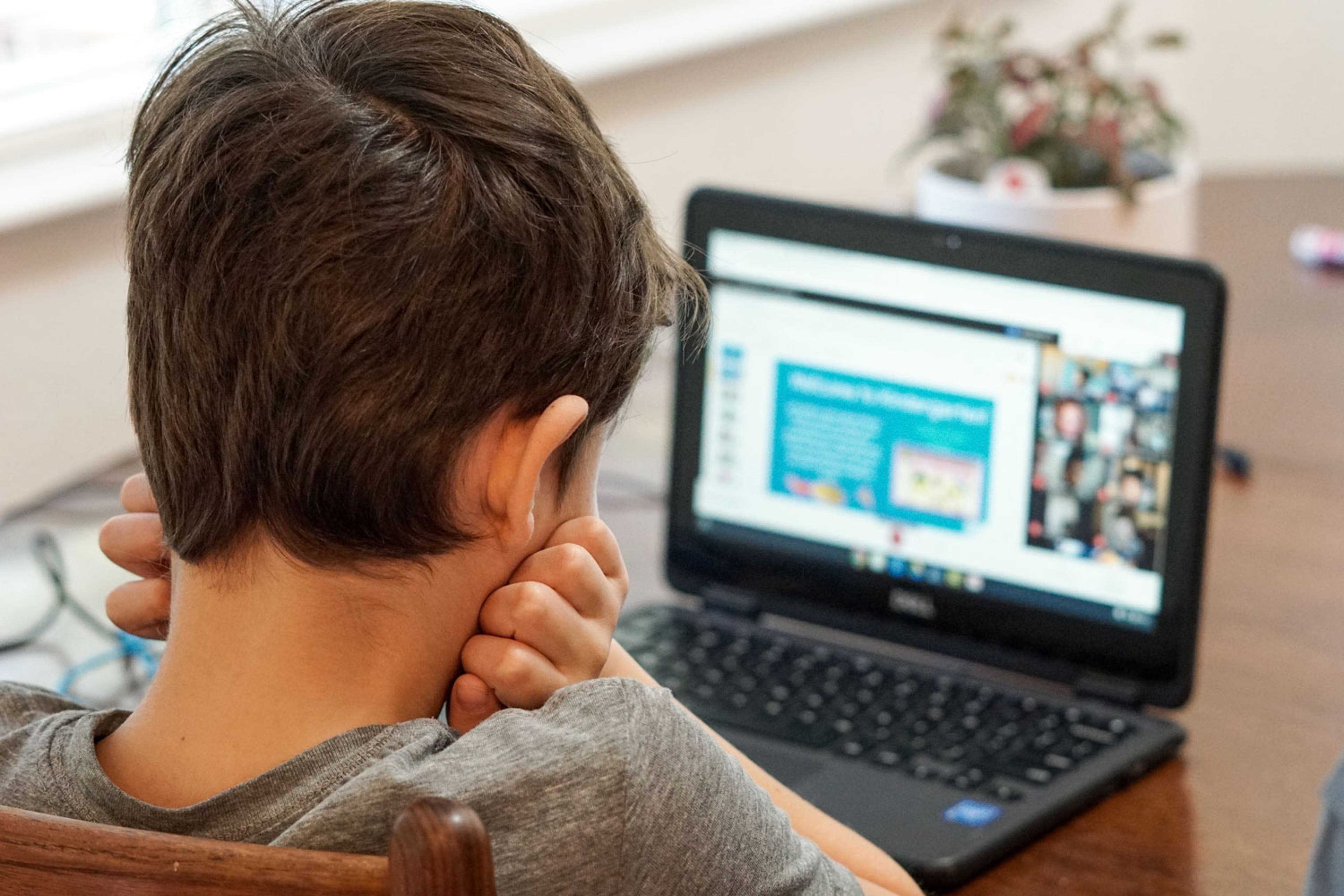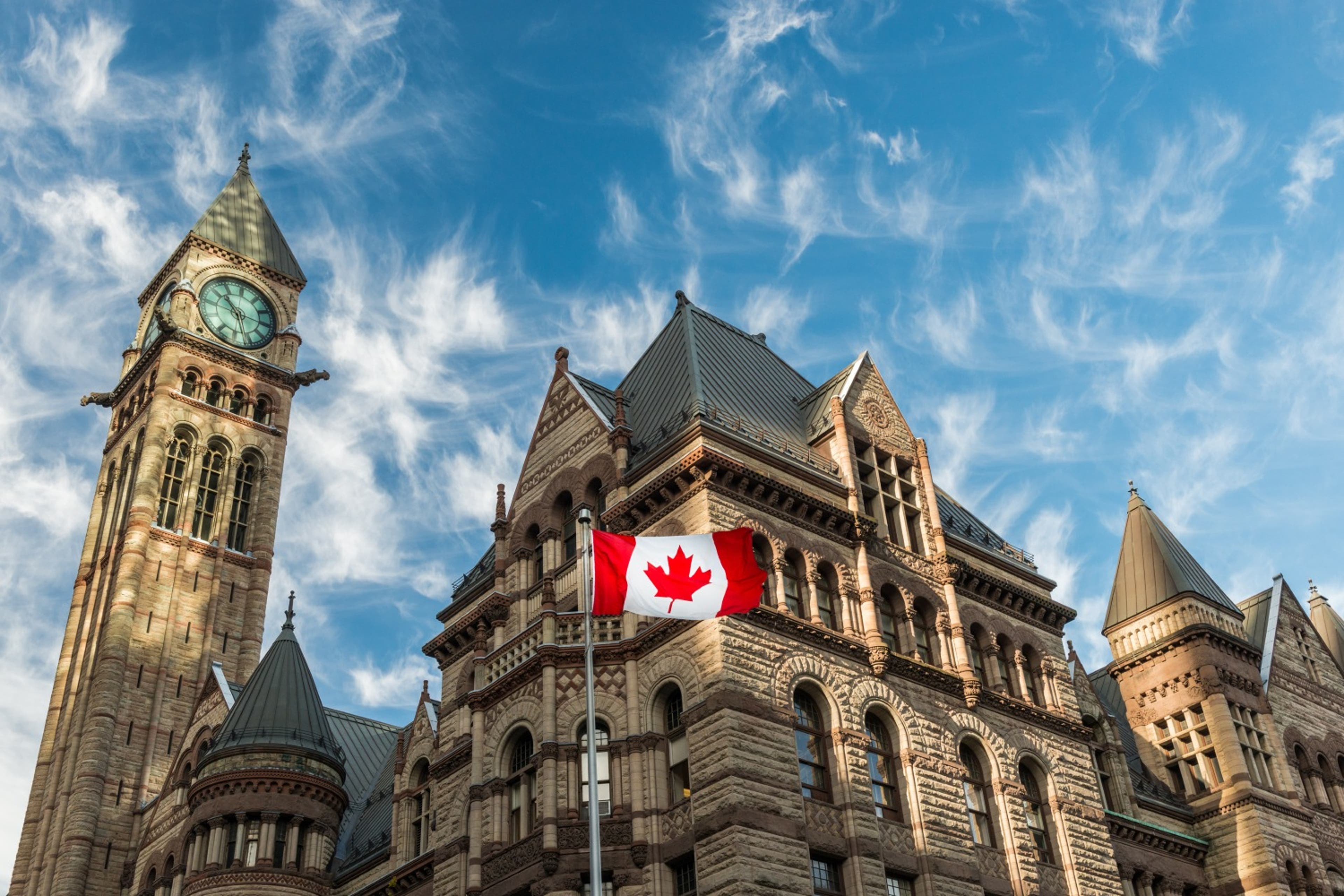Dufresne announces OPC consultation on potential children's privacy code for Canada


Published:
Contributors:
Joe Duball
News Editor
IAPP
The Office of the Privacy Commissioner of Canada is moving into the next phase of work to address its strategic priority on children's privacy. Commissioner Philippe Dufresne announced at the IAPP Canada Privacy Symposium 2025 that the OPC is opening an "exploratory consultation" on potentially devising a federal children's privacy code.
In a press release following Dufresne's announcement, the OPC described a potential code as means to help companies "ensure that their products and services are designed with the highest standards of privacy and data protection in mind."
Dufresne told CPS attendees the OPC recognizes the "unique sensitivities" around children's personal data and a potential code "will be aimed at creating a safer, more transparent online environment for children." He added, "We want young people to feel empowered to exercise their privacy rights and to safely explore, learn and grow without compromising their privacy or security."
The consultation is scheduled to run through 5 Aug. with results to be presented in the following months. Dufresne said specific questions will cover "the role of consent, how privacy impact assessments can address the best interest of the child, as well as best practices and no-go zones."
The OPC's motivations for examining the feasibility and appetite for a children's code are wide-ranging. It would be the latest initiative in the children's privacy prong of the office's 2024-2027 strategic plan following the completion of a consultation on age assurance in March.
Parent input
Among the lead factors for consideration of a code is Canadian parents indicating an urgent need for enhanced children's safeguards exists. Those views are reflected in the children's privacy response contained in the OPC's recently released 2024-2025 Public Opinion Research on Privacy Issues, which Dufresne highlighted in his remarks.
"The survey found the vast majority of parents worry about their children's privacy online," Dufresne said. "Two-thirds or more (of parents) are moderately to extremely concerned, with 45% highly concerned about risks to their child from the use or misuse of their personal information."
The OPC's survey offered some segmented responses to fully understand the issues at hand, asking parents about issues related to children ages 6-12 and teens ages 13-17. Notably with views on companies' children's privacy practices, 74% of respondents have little or no trust in children's data handling and protection.
During a CPS breakout session, Concordia University Postdoctoral Fellow Christopher Dietzel and MediaSmarts Director of Education Matthew Johnson each outlined similar children's viewpoints observed in their research work.
Dietzel indicated the surveillance landscape around children's data and their online presence isn't lost on the children themselves. He said they've "accepted or normalized" the tracking practices, but that "doesn't necessarily mean that they approve of privacy settings or certain privacy infractions and transgressions."
Johnson cited recent MediaSmarts privacy research revealing two-thirds of teens believe if a website has a privacy notice then the operator is not collecting data on a user at all instead of understanding notices explain collection and use. Meanwhile, many youth respondents were skeptical of location-sensing practices on platforms, which Johnson referred to as a crossroads for minors with the "the overlap between corporate surveillance and parental surveillance."
"Almost 61% feel that you shouldn't be able to track online activities," Johnson said. "But they also feel that excessive protection from surveillance can be stifling and make it harder to seek help from trusted adults."
Global influence
Canada would not be the first country to enact a children's privacy code. In his CPS remarks, Dufresne hopes to "replicate" the codes adopted in Australia and the U.K. as well as similar state-level bills in the U.S.
Canada's code isn't likely to be a one-for-one match with global partners, but the exploration is a product of ongoing the international collaboration by the OPC.
The OPC led the Global Privacy Enforcement Network's 2024 sweep on deceptive design patterns, bringing together 26 global data protection authorities in a probe of 1,010 websites. The OPC is also working on an investigation into genetic testing company 23andMe with the U.K. Information Commissioner's office, which oversees enforcement of the U.K. Children's Code.
McMillan Partner Lyndsay Wasser, CIPP/C, said during a CPS breakout session the OPC has to look outside Canada's borders for solutions on children's privacy because many jurisdictional statutes are "silent" or "missing" the children's angle. She pointed to OPC guidance on children's privacy, and its principles for data governance as well as requirements for privacy impact assessments and privacy by design and by default, as building blocks for an improved legal framework.
"There's no reason some of those couldn't be built into a statute," Wasser said. "We have these general principles and regulators are clear about what they expect to see, while many organizations want to do it the right way. ... They don't want to be the test case to take it to a court and challenge the implementation."
Joe Duball is the news editor for the IAPP.

This content is eligible for Continuing Professional Education credits. Please self-submit according to CPE policy guidelines.
Submit for CPEs


